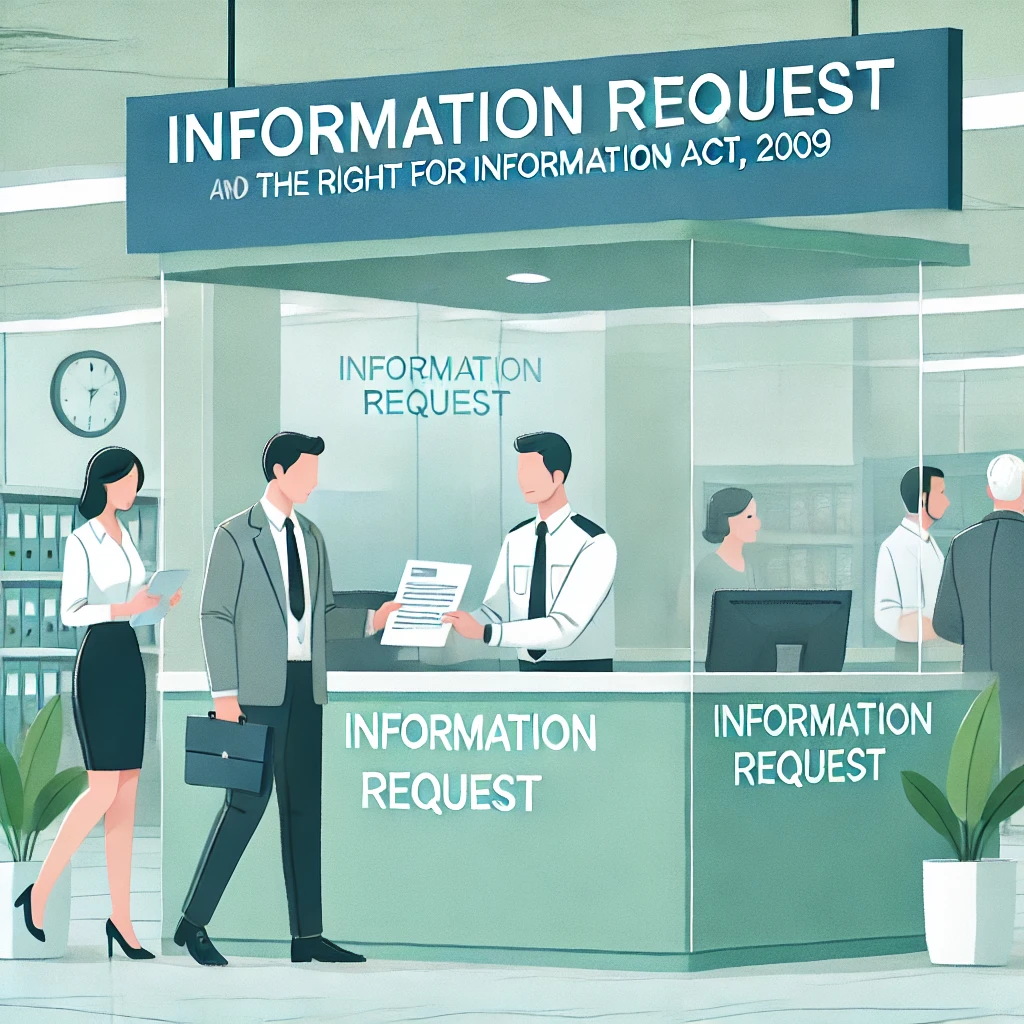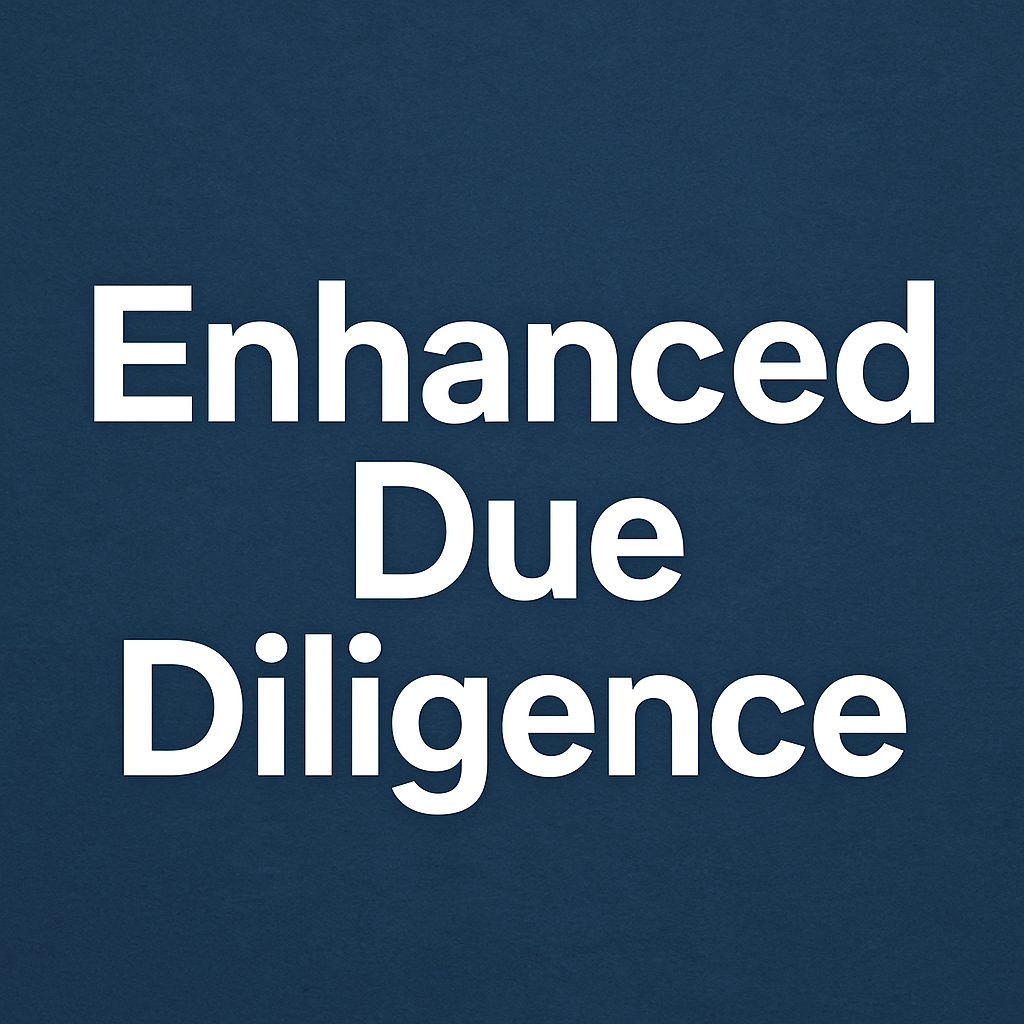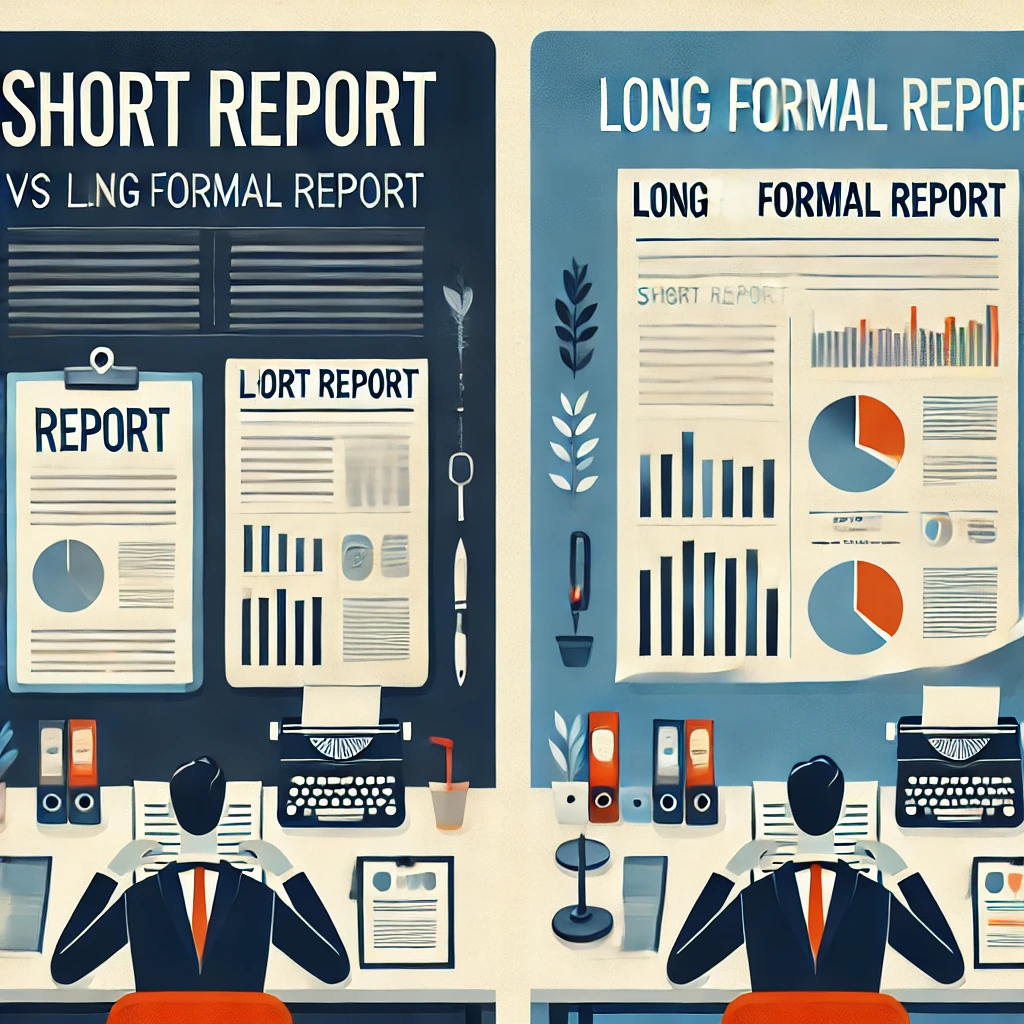Right to Information Act, 2009: Empowering Citizens
The Right to Information Act, 2009 (RTI Act) of Bangladesh is a landmark legislation aimed at ensuring transparency, accountability, and people’s participation in the democratic process. This law empowers citizens to access information from government and non-government organizations funded by public resources.
Objectives of the RTI Act:
- To promote transparency and accountability in government institutions.
- To reduce corruption by ensuring public access to information.
- To enhance citizens’ trust in public administration.
- To empower people to make informed decisions.
Key Features:
- Right to Access Information: Any Bangladeshi citizen can request information from public authorities.
- Information Commission: An independent body monitors the implementation of the RTI Act.
- Mandatory Disclosure: Public authorities must proactively disclose key information without waiting for a request.
- Penalty for Non-Compliance: Officials refusing to provide information without valid reasons can be penalized.
- Exemptions: Certain sensitive information related to national security, international relations, etc., is exempted.
How to Request Information:
- Submit a written or electronic application.
- Pay a nominal fee (if applicable).
- Receive information within 20 working days (30 days in special cases).
Importance of the RTI Act:
- Strengthens democracy.
- Reduces corruption.
- Improves service delivery.
- Ensures better governance.
- Empowers marginalized communities.
Challenges:
- Lack of awareness among citizens.
- Reluctance of officials to disclose information.
- Insufficient training of responsible officers.
Conclusion:
The Right to Information Act, 2009 is a powerful tool for empowering citizens and ensuring a transparent and accountable governance system. Active participation from both citizens and public authorities is essential to realize the full potential of this Act.




